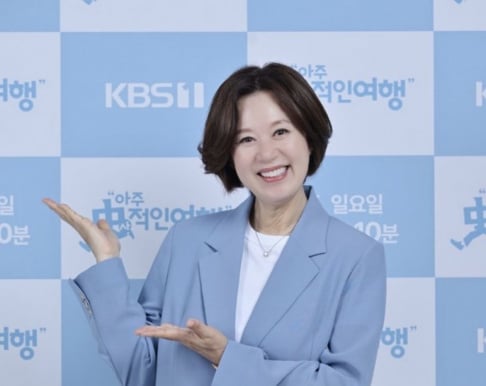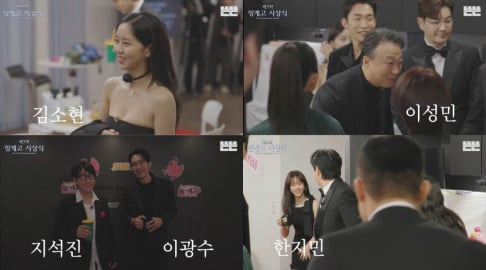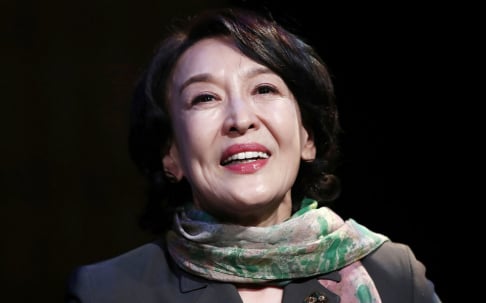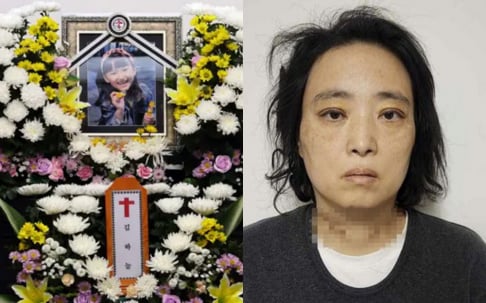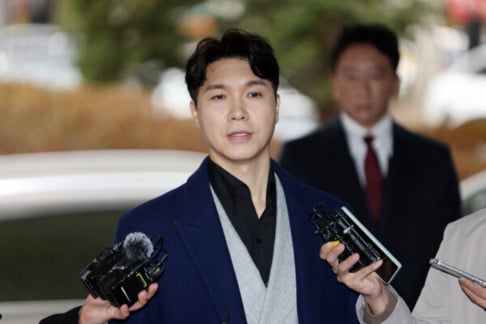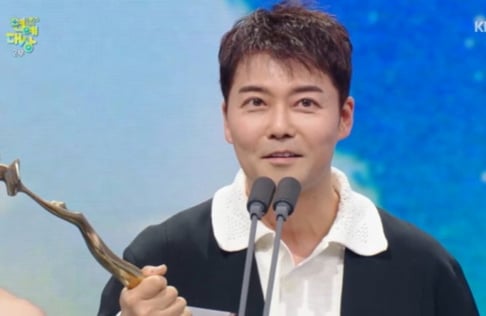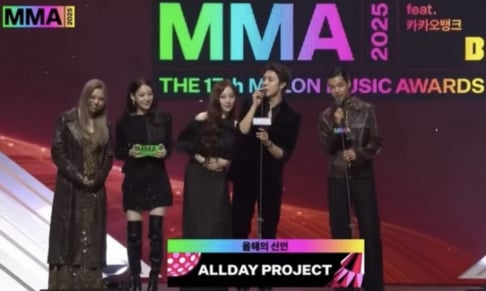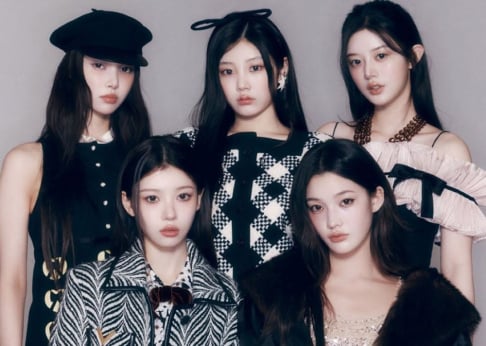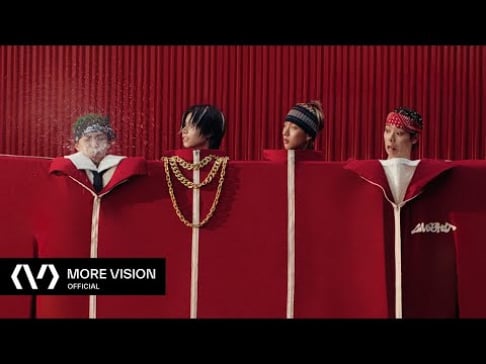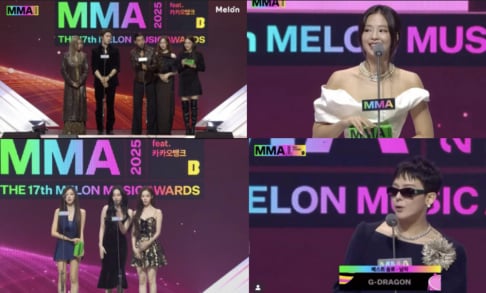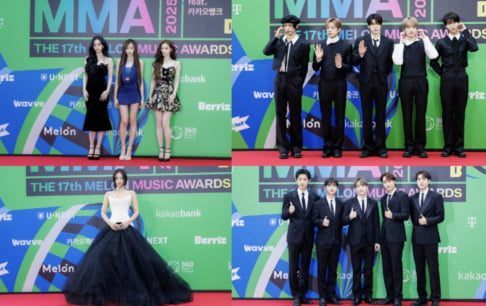
Despite previously stating she had “nothing to hide” regarding casting interference allegations, musical actress Ock Joo Hyun has come under renewed scrutiny—this time for allegedly violating a key cultural industry law for several years.
On September 10th KST, it was confirmed that TOI Entertainment, Ock’s current agency, is not registered under the Popular Culture and Arts Industry Development Act, which mandates all entities engaged in entertainment management to officially register as a business. Her former one-person agency, Title Role, also lacks such registration. Actress Lee Ji Hye, who was previously involved in casting controversy alongside Ock, is listed as an auditor for Title Role.
Both Ock and Lee are reportedly signed under TOI Entertainment, although no registration records exist for either Title Role or TOI Entertainment. According to the law, any company or individual engaging in talent management must be registered—noncompliance is subject to criminal penalties, including up to two years of imprisonment or a fine of up to 20 million KRW (approx. USD 15,000).
Additionally, all contracts or business activities carried out while unregistered are considered illegal, and violators may face suspension orders. Failing to file notifications of changes, suspension, or closure of business operations may also incur administrative fines of up to 5 million KRW (approx. USD 3,700).
Ock established her one-person agency in April 2022, and has since operated TOI Entertainment, both allegedly in breach of the law.
Attorney Jung Tae Won of LKB & Partners commented, “While the law doesn’t explicitly nullify contracts signed by unregistered agencies, in some cases, this could be grounds for termination by the other party.” He added, “The Popular Culture and Arts Industry Development Act has been in effect for over a decade. It’s difficult to dismiss violations as simple ignorance or oversight.”
Jung further stressed, “When celebrities or companies operate without proper registration under the name of entertainment, it fosters a shadow market and undermines legal order. Especially in an industry as unique as entertainment, transparent and fair operations within the boundaries of the law are essential.”
When contacted for comment, a representative from Ock’s agency responded, “A change in personnel caused an oversight,” but declined to elaborate further and subsequently became unreachable.
SEE ALSO: Ock Joo Hyun referred to prosecutors for operating unregistered agency TOI Entertainment
 SHARE
SHARE

